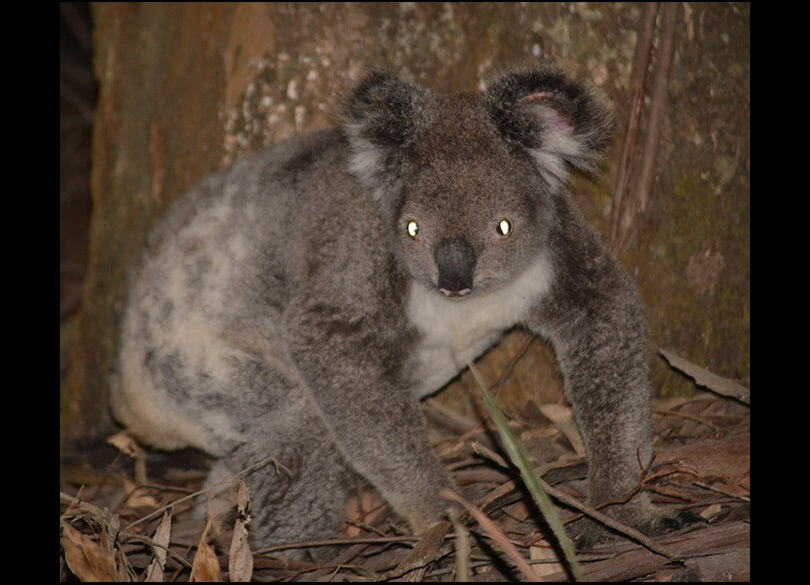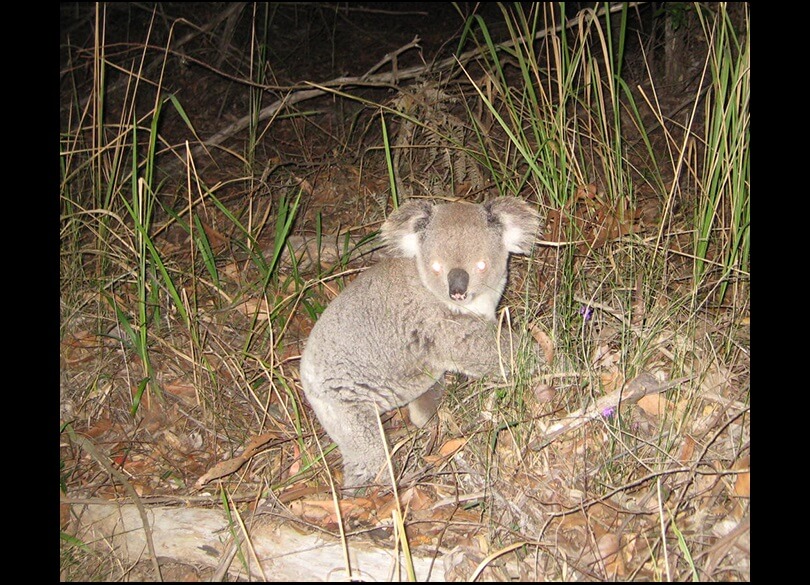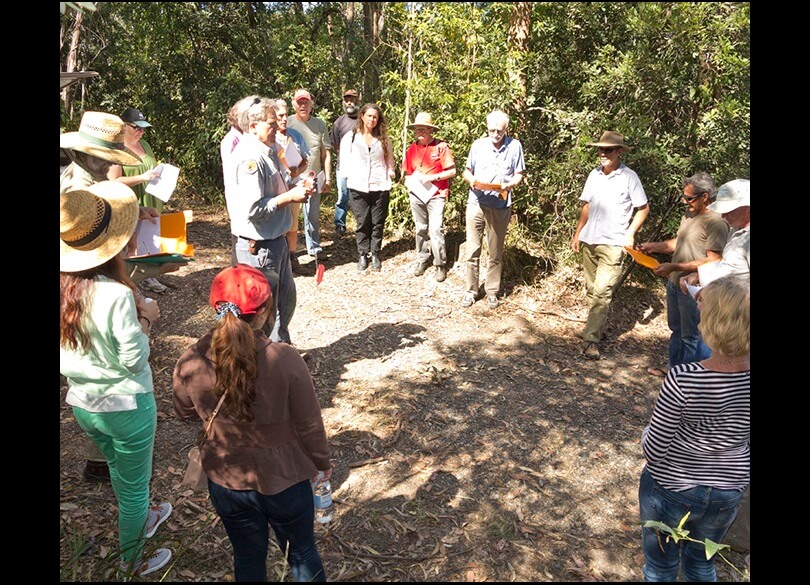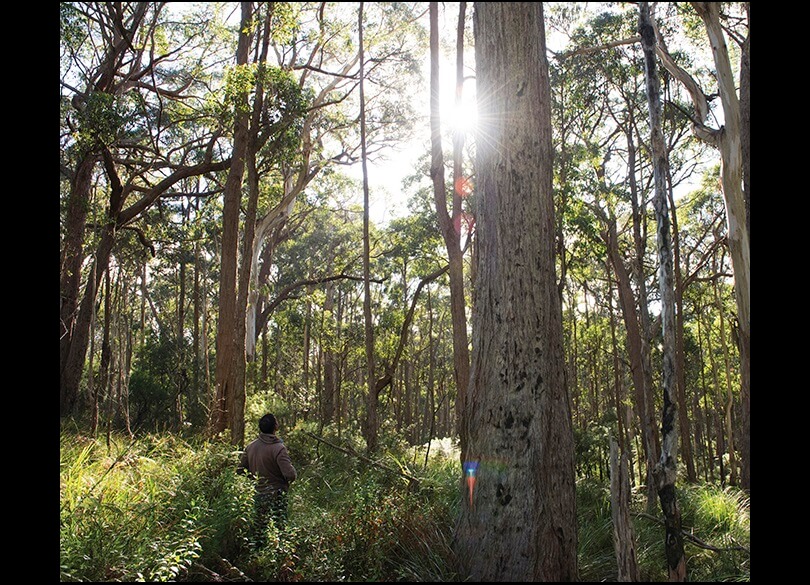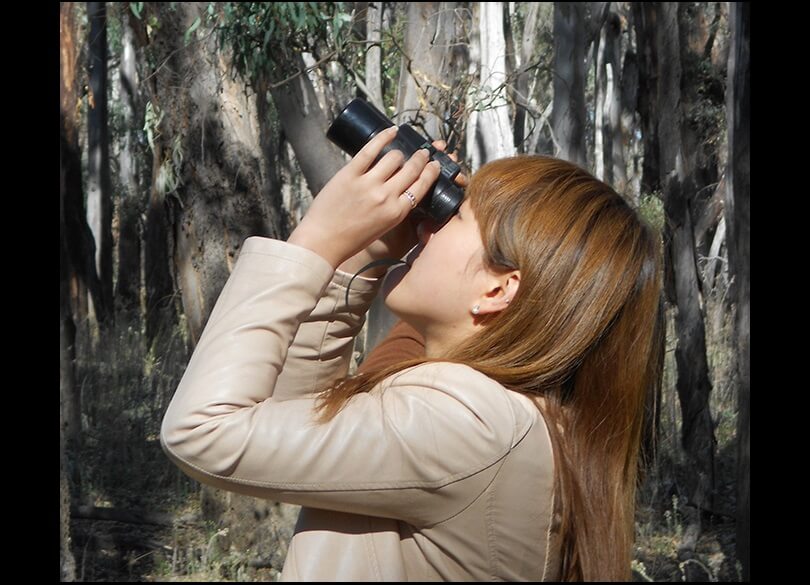If someone asks you to think of a native Australian animal, chances are that you’ll think of a koala.
However, the koala is a threatened species in New South Wales, and citizen scientists are working with us to keep an eye on them.
Whether you look for signs of koalas near where you live or while you’re on holiday, you’ll be helping to save this iconic species.
You can take part in various koala surveys in New South Wales, including the following.

Koala (Phascolarctos cinereus) climbing a tree
I Spy Koala
The NSW Government has launched a new app – I Spy Koala. The app allows community members to record their sightings of koalas in the wild.
App users can enter information about the location and condition of the koala, as well as photos and other information. Data from the app will be available for access through the interactive NSW Government Sharing and Enabling Environmental Data (SEED) portal. The SEED Portal was developed with and for the community of New South Wales as a central place for everyone to find data about the environment.
Reporting koala sightings is essential to help koalas in the wild. Better information about koalas leads to better koala conservation and better planning decisions.
Find out more about the I Spy Koala project on the Citizen Science Hub and download the app.
Koala drinkers on DigiVol
Head on over to our DigiVol webpage or find DigiVol on the Citizen Science Hub to find out how you can help us find out if koalas and other threatened species use supplementary drinking water over the summer months!
Bongil Bongil community koala survey
Survey koalas in the beautiful Bongil Bongil National Park, about 20 km south of Coffs Harbour.
Participants walk 3 km every night along gravel fire trails to survey the koalas, using spotlighting and audio recognition.
They take part in one 2-hour survey every 4 nights, a total of 5 nights’ work over 16 days.
All equipment and training is provided.
How do I sign up?
If you want to find out more, or to sign up:
- Email Ranger Martin Smith at [email protected]
- Phone the NPWS Coffs Harbour office on 02 6652 0907.
